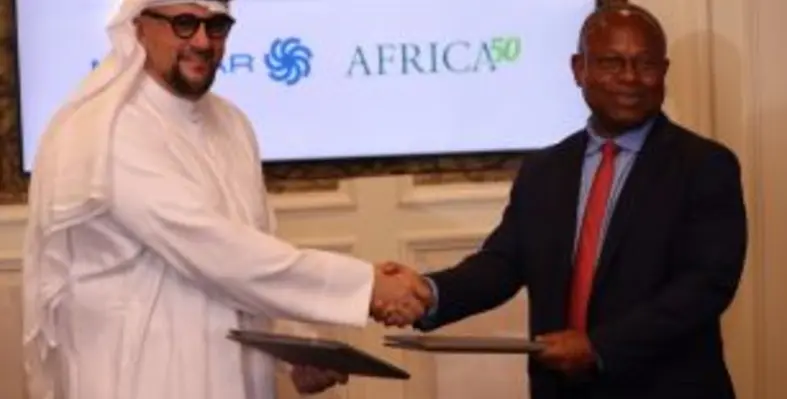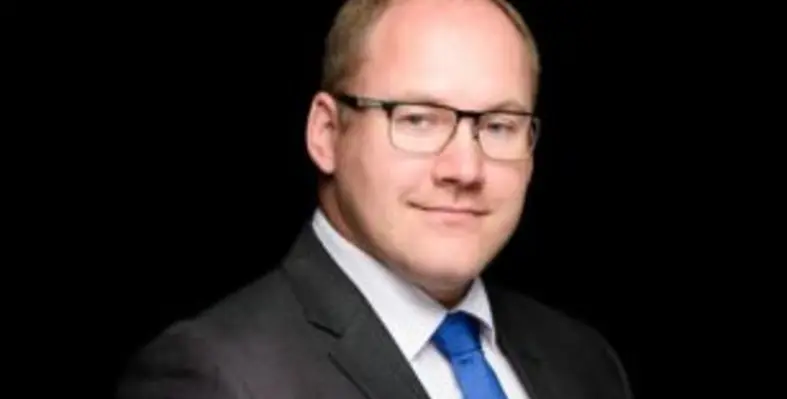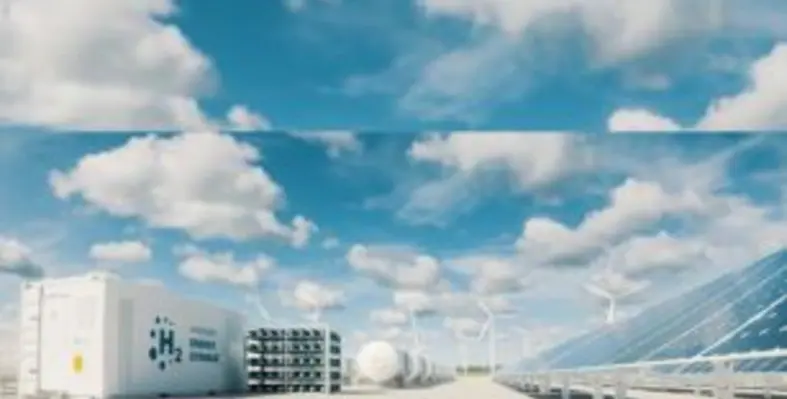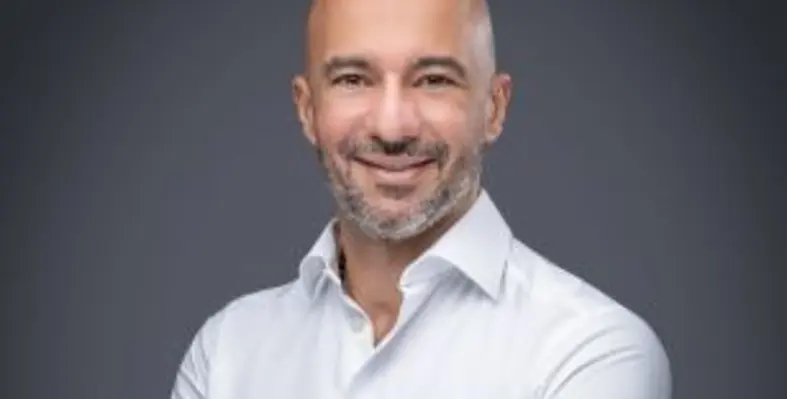Hitachi Energy has delivered a modular eHouse solution to Ovako, a European manufacturer of steel and one of the largest steel recyclers in the Nordic countries
Energy
Construction begins at Oman’s Manah 1 PV plant

The plant is located approximately 120 kilometres south of the capital Muscat. (Image source: Adobe Stock)
The 500MW Manah 1 solar PV facility is being built by EDF Renewables and Korea Western Power Co Ltd (KOWEPO)
Masdar continues to invest in clean energy tech in Africa

A total of US$10bn has been committed to renewable energy financing by Masdar towards African projects. (Image source: Masdar)
Masdar has signed an MoU Africa50 to identify, fast-track and scale clean energy projects across the continent
Al Masaood's SHAMS+ Charge set to pioneer off-grid charging for EVs

Rasso Bartenschlager, General Manager of Al Masaood Power Division. (Image source: Al Masaood Power Division)
Al Masaood Power Divisions general manager Rasso Bartenschlager talks about the companys latest charging solutions
How can the MENA industry shift to a smart grid?
Ashraf Yehia, managing director at Eaton Middle East talks about the ways in which an intelligent grid can be implemented








